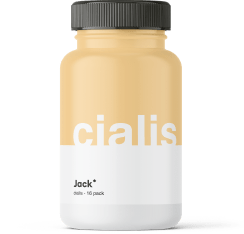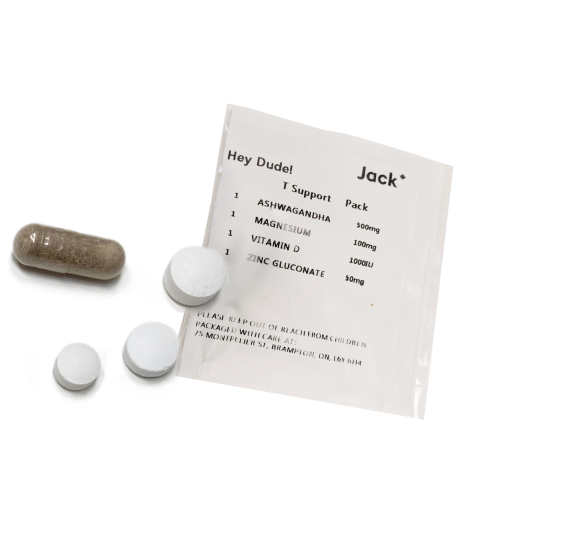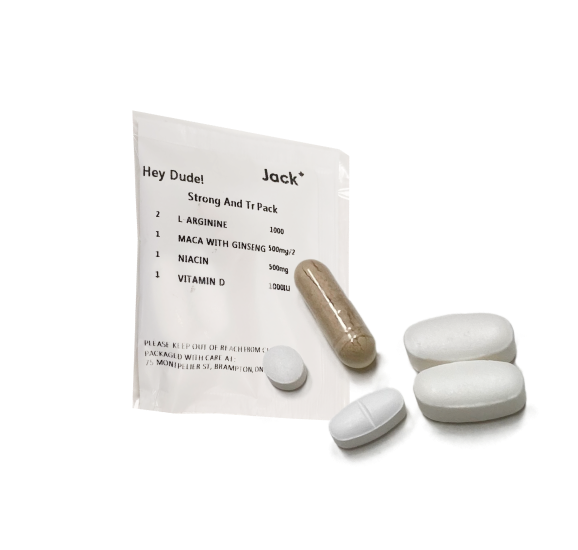Hormones are your body’s communication network. With over 50 different types, they zip around your body and send signals to make sure everything is working properly. They help regulate your metabolism, fertility, growth, mood and sexual health.
Hormones are also sometimes known as steroids – you’ve likely heard of testosterone, estrogen, and progesterone.
Only a tiny amount of each hormone is needed to make a change in your body which is why its so important to ensure that your hormone systems (endocrine system) are working flawlessly. Too much or not enough can cause serious health problems.
Generally healthy people will rarely get their hormone levels tested, which is unfortunate as when something is off, we don’t know what your normal or baseline levels are. The most common trigger for men to get their levels tested is if they are displaying symptoms like unexplained fatigue, loss of muscle mass, weight gain, difficulty performing sexually and sudden hair loss.
Before starting on a new solution to treat these issues, like TRT (aka testosterone replacement therapy), we recommend a full blood work panel to measure a bunch of different hormone (and vitamin, and nutrient) levels to make sure you’re getting the right diagnosis and treatment.
Testosterone
Testosterone (sometimes known as T) is the primary male sex hormone. Your testicles and adrenal gland make testosterone and it plays an important role in libido, bone mass, heart health, fat distribution, muscle mass, strength, energy levels, and sperm production. The most common testosterone test is the total testosterone test. This test measures both free testosterone and testosterone attached to proteins.
Testosterone levels naturally change during the day. They are highest in the morning (around 8am) and lowest at night (around 8pm).
It’s best to measure testosterone when it is at its highest, so make sure to get your blood drawn in the morning!
Low T symptoms may include low sex drive, fatigue, reduced muscle mass, and depression. It is a relatively common condition in men with Canadian experts saying 25% of Canadian men between 40 – 62 have low T.
If you’ve never had your testosterone levels measured, you’re in the majority. Low T levels without symptoms doesn’t necessarily need treatment according to the Canadian urologist association. It’s our belief that if you have any symptoms that could be caused by low testosterone, it is important to test just to be sure. Our recommendation is to test your T levels every few months to see if they are declining. If you start treatment, you’ll also test to see if the medication is working for you.
Testosterone production is affected by several different hormones: this means we also measure those other hormones (like LH, FSH and TSH) to get the whole picture of what is going on in your body.
LH and FSH
Luteinizing hormone (LH) and follicle stimulating hormone (FSH) send messages to your testicles. They are made by your pituitary gland (at the bottom of your brain). Then LH and FSH travel through your bloodstream to reach your testicles. They tell your testicles to produce testosterone and sperm.
Measuring the levels of these two hormones helps determine why you have low testosterone levels. If LH and FSH are high and T is low, it means the testicles are having trouble making enough testosterone. This is called ‘primary hypogonadism’. If LH and FSH are low and T is low, it means the testicles are not being told to make enough testosterone. This is called ‘secondary hypogonadism’.
A third case exists called mixed hypogonadism. As the name implies it is a mix of the two situations. The testicles are having trouble producing testosterone AND are not being told to produce enough. This case is most commonly seen in older men when low T is related to aging.
TSH
Thyroid stimulating hormone (TSH) is another important hormone to measure. TSH regulates your body’s metabolism, so it’s important TSH is in the right range! If you have an underactive thyroid (hypothyroidism) you might have weight gain, hair loss, fatigue, or depression. Overactive thyroid can give you anxiety or an outsized appetite.
TSH stimulates the thyroid to release thyroid hormones (T3 and T4) which act throughout the body.
Many of the symptoms for hypothyroidism and low testosterone overlap. These include low libido, fatigue, and hair loss.
Other hormones
Other hormones that we can test for include prolactin and estradiol. Prolactin is a hormone made by the pituitary gland (just like LH and FSH). You might test your prolactin if you have symptoms like breast tissue growth. You might also need to test if you have especially low T and low FSH and LH. If prolactin levels are high more investigation is needed.
Estradiol is a hormone produced from testosterone and is important for bone health. Low levels are associated with increased fracture risk. If your estradiol was low during puberty, you might be especially tall. High estradiol when there is low testosterone can also cause the growth of breasts in men (a condition called gynecomastia).
We also test for things other than hormones but that could affect your T levels
Cholesterol
Cholesterol is also essential to your body as it helps make other hormones and vitamin D. But too much cholesterol can be a bad thing when it sticks to the pathways your blood flows through. This makes it harder for blood to travel and increases your risk of heart disease. Most cholesterol in your body is made in your liver and the rest is from the food you eat.
Looking at your cholesterol levels and other health traits (like your weight and your eating/drinking habits) helps measure your risk for heart problems. Heart problems may include heart attack, stroke, or heart disease. When looking at your blood work you may see confusing acronyms like LDL and HDL. LDL is the ‘bad’ cholesterol that stays behind and increases your risk of heart problems. HDL is the ‘good’ cholesterol that cleans up the cholesterol left behind.
Triglycerides are a type of fat in your blood. Your body fat is mainly triglycerides. When your triglyceride levels are high, you are at a higher risk for heart disease. When LDL, HDL and triglycerides are measured its usually called a lipid panel and we’ll often order one when evaluating if TRT is right for you.
Interestingly, this study found that TRT raises HDL (good cholesterol) and lowers LDL and triglycerides (bad cholesterol).
Blood glucose
Glucose is another word for sugar. Your blood glucose is a measure of the amount of sugar in your blood which comes from the food you eat. Your body breaks down food and uses the sugar as it’s main source of energy. Insulin is a hormone in your body that controls your blood sugar levels. If everything is working, your body will make enough insulin and respond to it. If something is wrong, your blood sugar may be high.
Blood sugar can be measured in different ways. HbA1C shows your average blood sugar over the past three months. A random blood glucose measurement shows what your blood sugar was when your sample was taken.
If your blood sugar is high consistently, you may have diabetes. Symptoms of diabetes include tiredness, hungriness, and erectile dysfunction. Definitely overlapping some of the low T symptoms.
Diabetes is related to low T. Males with diabetes are twice as likely to have low T. If you have diabetes it is important to find out and treat it.
Vitamin D Deficiency
Vitamin D is a nutrient that you can get from food (egg yolks, salmon), supplements and the sun and is a hormone that your body makes. Vitamin D is important for your bones: if you have low levels of vitamin D, you may feel tired, depressed or have muscle weakness. Sound familiar?
Vitamin D is nicknamed the sunshine vitamin. This is because sunlight acts on your skin to make vitamin D. And Canadians get less sunlight than most: one third of Canadians have low vitamin D levels. You are at a higher risk for vitamin D deficiency if you spend less time outside, are older, or are male.
The best way to tell if you need to take vitamin D supplements is a blood test.
Vitamin B12 and Iron Deficiency
Vitamin B12 and iron deficiency have similar symptoms to low T. They can also exist with low T. You’ll measure both of these before starting TRT and we’ll help you treat them if needed.
Helpful links:
To find out more about different types of blood tests check out this website by myHealth Alberta:
https://myhealth.alberta.ca/health/tests-treatments/Pages/default.aspx
If you’re nervous about a blood test check out this page on what happens during a blood test and tips for staying calm:
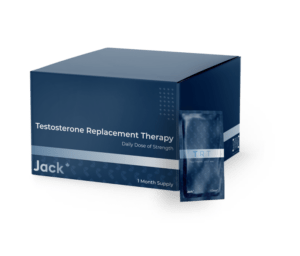
Understanding Testosterone Troches: A Detailed Guide
Testosterone replacement therapy (TRT) has evolved significantly over the years, offering various methods to address the challenges of low testosterone levels in men. Among these,
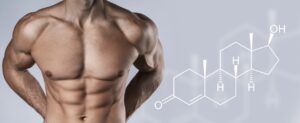
Understanding At-Home Testosterone Level Test Kits
In recent years, the availability of at-home medical testing kits has revolutionized the way individuals monitor their health. Among these, at-home testosterone level test kits
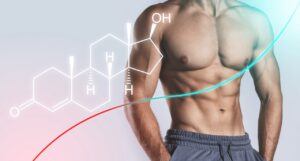
Does Low Testosterone Cause Erectile Dysfunction?
The link between low testosterone and ED is complex. Not all men with low testosterone experience ED, and not all cases of ED are caused

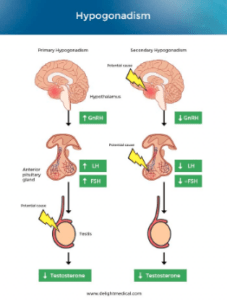




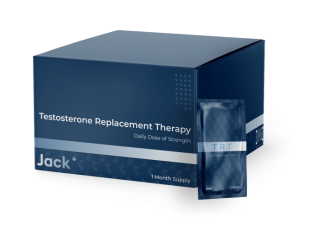
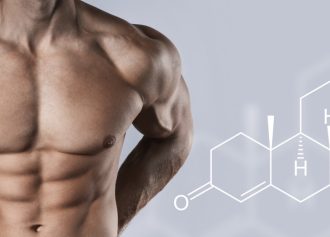
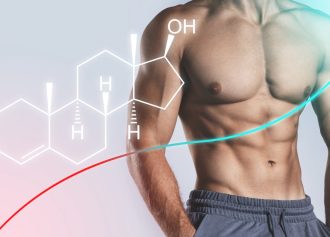
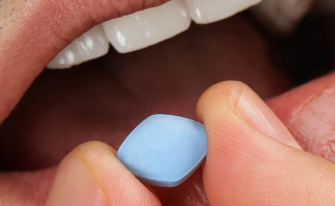
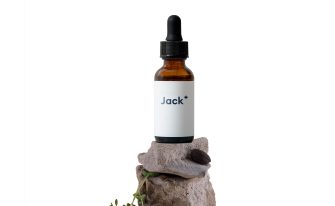



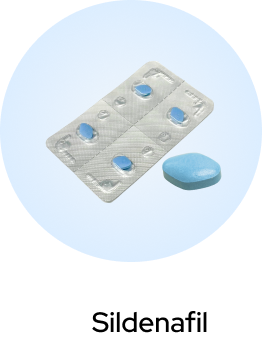
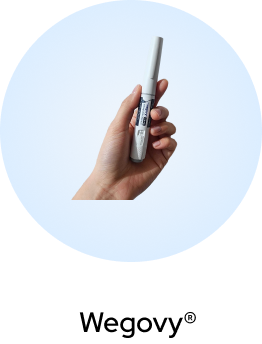
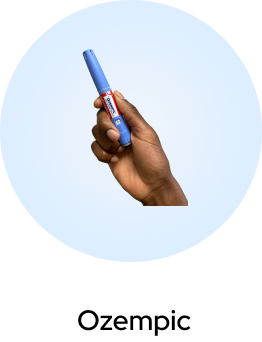


 (US)
(US)